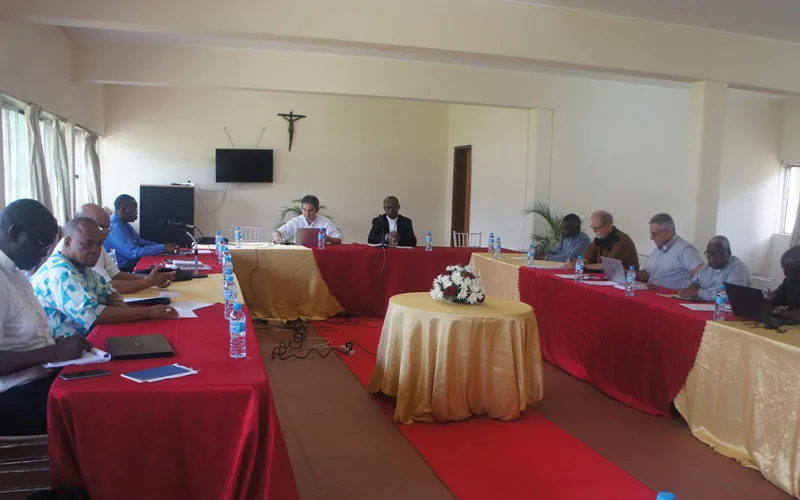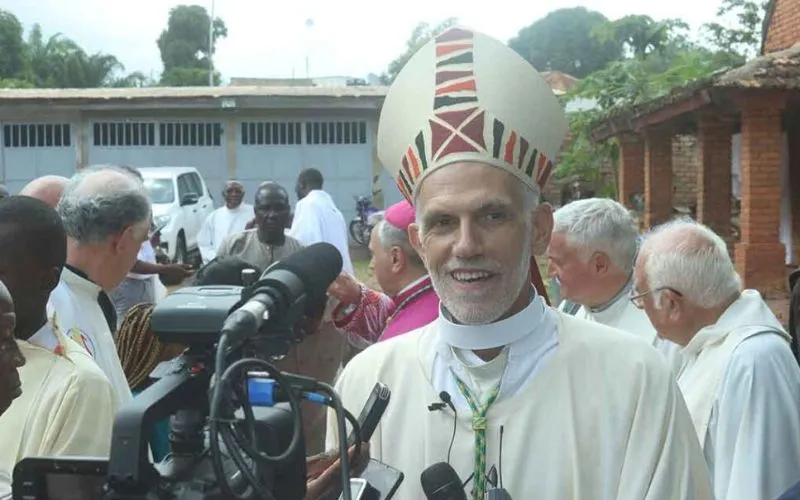Maputo, 19 November, 2022 / 5:02 pm (ACI Africa).
Members of the Episcopal Conference of Mozambique (CEM) have cautioned against the sole reliance on the military in addressing the “misfortune” of insecurity in the Southern African nation, and called for joint efforts.
In their message obtained by ACI Africa Thursday, November 17, the Catholic Bishops make reference to terrorist attacks in parts of the country, and say, “We must join forces to find ways to resolve this misfortune, not relying solely on the use of military force.”
“The continuation of this inhuman suffering is unacceptable and frustrates the dream of being a nation of peace, harmony and independence, fair and solidarity,” CEM members say.
In their call for peace, the Catholic Bishops echo the words of Pope Francis during his visit to the Kingdom of Bahrain, saying, “The God of peace never leads to war, never incites hatred, never supports violence.”
They continue in reference to the Holy Father’s message of peace, “We, who believe in Him (God), are called to promote peace through instruments of peace, such as meetings, patient negotiations and dialogue, which is the oxygen of living together”.








